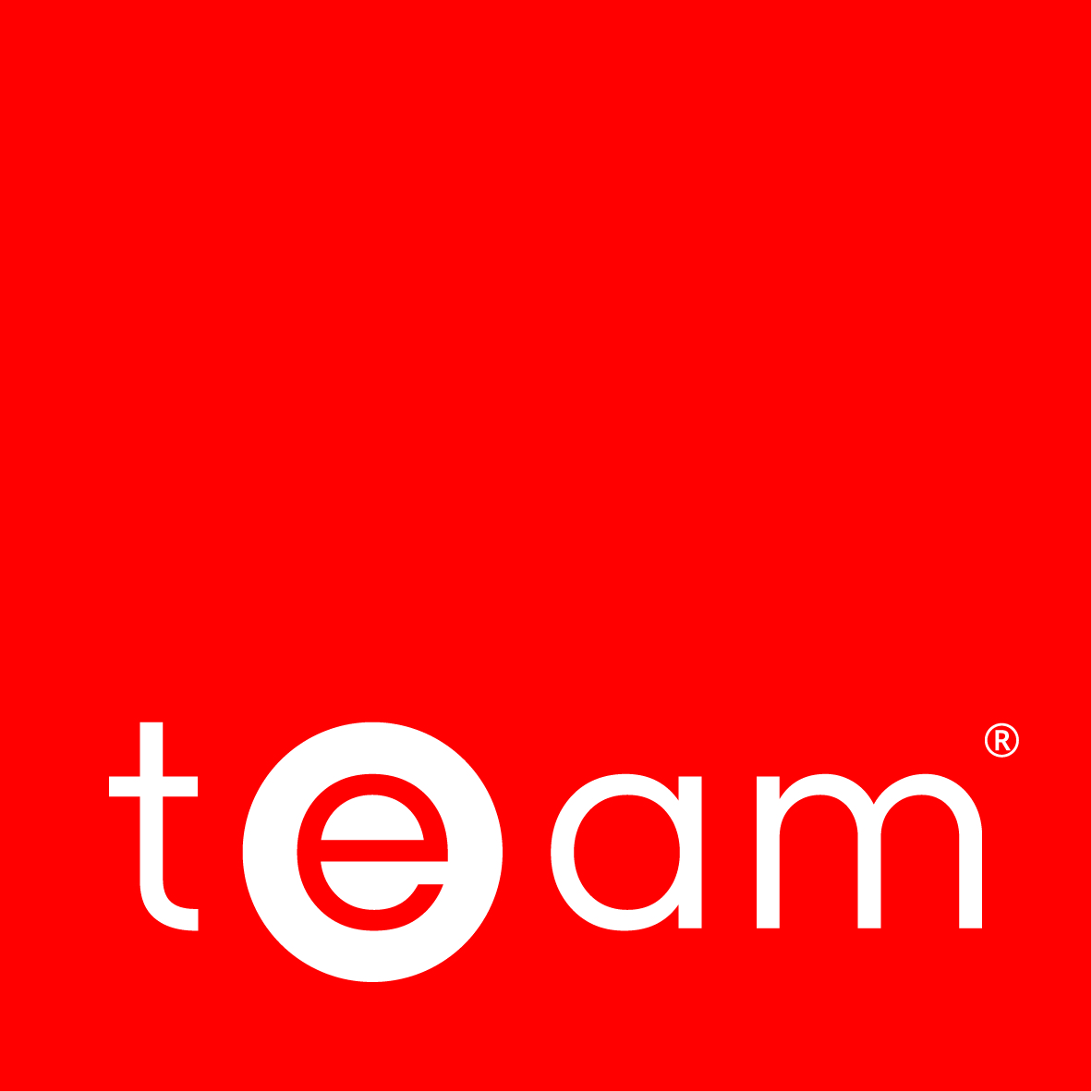Insight into RHI changes straight from Ofgem
From the ESTA aM&T conference TEAM Energy Services Director John Field reports on developments in the Renewable Heat Incentive scheme. Receiving a first hand update from Ofgem in the presentation ‘Renewable Heat Incentive – Tariffs, changes and opportunities’ by Jacqueline Balian, Head of RHI Operations at Ofgem at the ESTA aM&T event 28th February 2013, John highlights major points for this fast moving green subsidy scheme.
The big question of degression
Jacqueline confirmed for those with projects approved prior to January 2013 the agreed tariff will remain throughout the duration of the agreed 20 year period. There may be a reduction of subsidy tariffs for installations approved in the future to prevent the total of all claims exceeding Government budgets. An official announcement can be expected on June 1st, set to come into force a month later – this is to be repeated monthly but there is no sign of the approval levels being near the triggers so no degression is envisaged in the first few months.
DECC Tariff review
There is a separate RHI Tariff Review which is intended to correct the imbalance between biomass (90%) and say ground source heat pumps… “by increasing the GSHP tariff not reducing the biomass tariff.”
Jacqueline told us: “The most frequent issue we have is with schematics which show the appropriate plant, loads and metering. This is the one issue you must take away with you.”
The Ofgem checklist is as follows on all installations:
- Equipment is new – need invoices
- MID Class 2 meters
- Meter readings
- Commissioning certificates/reports (or MCA for small systems)
- IRMA’s when required
These checks are required because of significant Government spend.
DECC RHI consultation response
Important notes on the DECC RHI consultation response published yesterday, note these are proposals only – not final or in force yet, but expected in force by the end of the year. This currently includes:
- No current plan to extend preliminary accreditation to reduce risk of non-approval for large schemes [this has been discussed but no progress that Ofgem are aware of at present]
- Biogas will go forward as will air quality requirements
- The requirement to show all eligible heat is used in buildings may be dropped or altered
- The definition of Simple may be extended to cover a higher proportion of installations (which would then not need IRMAs and this might include prefabricated plant rooms dropped on site and connected by short pipework runs).
- Metering to be more simple e.g. external pipework properly installed may no longer make an installation complex.
- Small areas can be dealt with via heat loss calculations not metering
- The definition of an installation will be relaxed so that schemes with some parts not-new can be approved.
- Installations can be moved
- DECC have committed to educate specifiers to reduce the incidence of over-sizing which might affect reliability and efficiency
IRMA Consultation
The IRMA consultation is out and still open. It was necessary because Ofgem expected to rely on IRMAs to show monitoring is compliant with requirements but this has not been the case. The consultation encompasses:
- Ofgem advise that an applicant requires any IRMA commissioned to be Ofgem compliant [NB this refers to the IRMA report being compliant not the RHI installation being approved]
- The requirements for independence are being beefed up
- Authors must confirm they are familiar with RHI requirements, aware of MID requirements, able to detect incorrect meter installs, and to confirm that the schematics represent what occurs on site (“currently they often do not”).
The IRMA consultation includes proposal 4, which recommends that authors undergo training with assessment “e.g. from ESTA, TEAM and CIBSE”.
Successes and potential failures
The good news is; over 1000 schemes are now accredited – the approvals have been doubled in the last four months.
Ofgem audits of approved installations used to show a 50% failure rate and this is not improving much, although 38% of this is due to failure to keep proper fuel records – a minor transgression. The rest are mainly metering problems.
Periodic submissions (quarterly for RHI payments) are returned in 40% of cases! Common reasons include:
- Failure to deduct previous cumulative heat totals!
- Failure to understand how the monitoring results are used to calculate the payment applied for.
- Not understanding units such as kW and kWh.
When discussing the level of interaction between RHI and the Green Deal; Jacqueline’s comment was; “Not that we know of – it has been discussed but not progressed further to require a Green Tick (for standards up to Green Deal) before RHI can be approved.”
Presentation slides can be found on the ESTA website.
